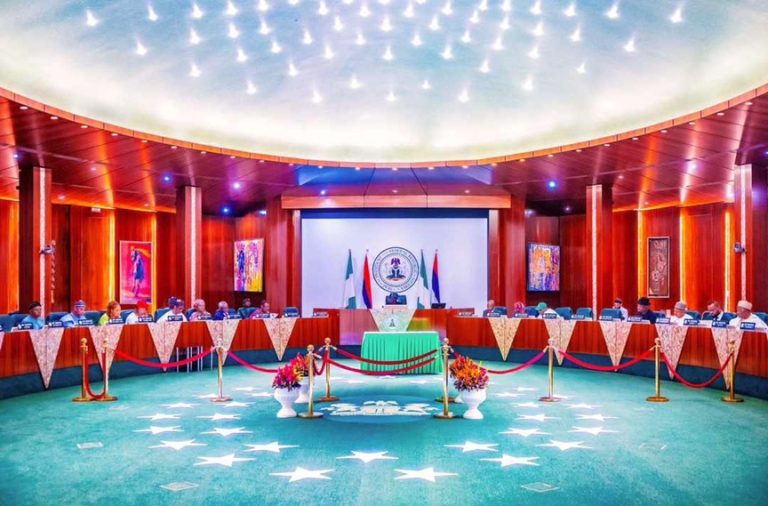In a bold move to ease the burden on Nigerians battling chronic illnesses such as diabetes, hypertension, and heart disease, the Federal Executive Council (FEC) has approved a new initiative to reduce the cost of medicines and enhance their availability nationwide.
According to a 9am News report, the proposal, introduced by the Coordinating Minister of Health and Social Welfare, Prof. Muhammad Ali Pate, was approved during an FEC meeting presided over by President Bola Ahmed Tinubu.
At the core of the healthcare breakthrough is MediPool, a public-private partnership that will leverage Nigeria’s large-scale purchasing power to negotiate competitive prices for essential drugs. This initiative is expected to dramatically lower drug costs and improve the supply chain for critical medications.
Pate explained,
“By using the government’s monopsony power, we can negotiate lower prices and ensure high-quality medicines are accessible to all.”
MediPool will begin operations under the Basic Health Care Provision Fund, with future expansion to federal tertiary hospitals. Its scope covers:
- Procurement planning and supply chain management
- Quality assurance and compliance
- Financial systems and local manufacturing support
- Capacity building and logistics
This approval follows President Tinubu’s June 2024 Executive Order which waived taxes on raw materials for pharmaceutical manufacturing—another move aimed at boosting local production.
In addition, the FEC approved N2.3 billion for a cardiac catheterisation machine at Usmanu Danfodiyo University Teaching Hospital, Sokoto, enhancing treatment for complex heart conditions and reducing outbound medical tourism.
Cultural Economy to Create Two Million Jobs, Generate N100 Billion
Minister of Art, Culture, Tourism and Creative Economy, Hannatu Musawa, revealed a new plan to monetize Nigeria’s rich cultural and creative assets, aiming to generate N100 billion in revenue and create two million jobs by 2027.
The strategy, in collaboration with the Ministry of Finance Incorporated (MOFI), will focus on both tangible and intangible cultural assets. These include:
- Tangible: national monuments, museums, artworks
- Intangible: indigenous languages, festivals, adire textiles, culinary heritage
Musawa stated,
“For the first time, a standalone ministry will unlock the value of Nigeria’s cultural economy to drive economic growth.”
The plan involves four phases: asset verification, valuation, monetization strategy, and implementation. The asset assessment is already complete, setting the stage for revenue generation and employment in communities tied to Nigeria’s cultural heritage.
Revised National Employment Policy
The FEC also approved an update to Nigeria’s National Employment Policy, the first review in six years. Announced by Labour and Employment Minister Alhaji Maigari Dingyadi, the policy aims to tackle unemployment with new frameworks encouraging entrepreneurship and productivity.
Dingyadi noted the revised policy will serve as a key submission at the International Labour Organisation (ILO) Conference in Geneva, showcasing Nigeria’s shift toward progressive labour strategies and inclusive economic growth.
Group Life Assurance for Civil Servants Renewed
The Head of Civil Service of the Federation, Mrs. Didi Walson-Jack, announced the renewal of the Group Life Assurance Scheme for federal workers for 2025–2026. This scheme ensures financial support to the families of deceased civil servants and public officers.
Walson-Jack emphasized the scheme’s coverage includes:
- The President, Vice President, and Ministers
- Permanent Secretaries and all federal MDAs
- Agencies such as FRSC, NDLEA, Civil Defence, and Immigration
Seventeen insurance firms have been contracted to manage the policy, which becomes active upon premium payment. A nationwide sensitisation campaign is also planned to raise awareness among federal employees.
“No family of a deceased public servant should be left without support,” she affirmed.
















